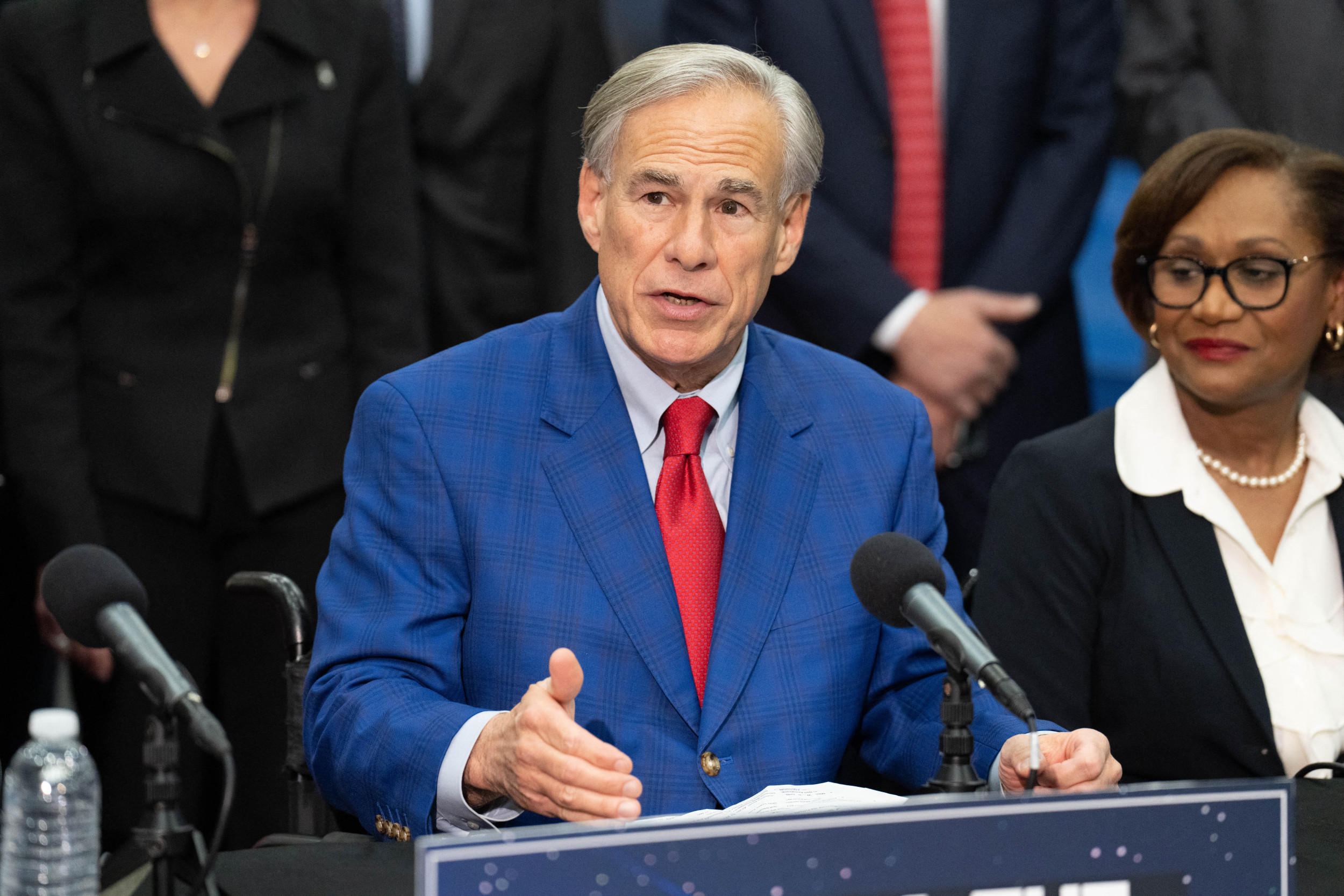It doesn't always pay to trust your gut. Especially when fat and sugar are concerned.
Exactly why we crave these unhealthy foods is somewhat of a mystery, but new research from Monell Chemical Senses Center in Philadelphia has revealed a new neuronal pathway that is activated by foods like chocolate and doughnuts that contain both of these moreish compounds.
"Food is nature's ultimate reinforcer," Guillaume de Lartigue, a neurobiology researcher at Monell and lead author of the study, said in a statement. "But why fats and sugars are particularly appealing has been a puzzle."
According to the American Heart Association (AHA), the average American consumes 17 teaspoons of added sugar every day, while roughly 12 percent of our daily calorie intake comes from saturated fat. However, the AHA recommends eating just six to nine teaspoons of added sugar per day, for women and men respectively, and only 5 to 6 percent of our daily calories from saturated fat.

Excessive sugar consumption has been linked to a range of different health conditions, including type 2 diabetes, heart disease, some types of cancer and obesity, while too much saturated fat can raise levels of "bad" cholesterol in our blood. But if these foods are so unhealthy, why are they so moreish?
When we eat food, neurons in our guts send signals to our brain via a central "wire" called the vagus nerve. These signals send information to the brain about the nutritional value of the food and help regulate the brain's "reward" system in response to receiving said meal.
But different foods exert different influences on this communication system. In their study, de Lartigue and his team used cutting-edge technology to explore how sugars and fats can modulate this signaling pathway and thus influence our brain's reward center.
Using mice, the team directly manipulated the neurons stimulated by fat and sugar in the animals' vagus nerve systems. Both types of neurons caused a release of the neurotransmitter dopamine—which plays a role in pleasure and motivation—in the brain's reward system.
But the story doesn't end there: when these sugar and fat neurons were activated simultaneously, a significantly bigger spike in dopamine was seen than when either neuron was activated on its own.
"It's like a one-two punch to the brain's reward system," de Lartigue said. "Even if the total calories consumed in sugar and fats stays the same, combining fats and sugars leads to significantly more dopamine release and, ultimately, overeating in the mice."
While the same results are yet to be demonstrated in humans, the study shines a light on why dieting can be so challenging, and offers hope for future developments in weight loss strategies.
"Understanding the wiring diagram of our innate motivation to consume fats and sugars is the first step towards rewiring it," de Lartigue said. "This research unlocks exciting possibilities for personalized interventions that could help people make healthier choices, even when faced with tempting treats."
Their results were published in the journal Cell Metabolism on January 18.
Is there a health problem that's worrying you? Do you have a question about weight loss? Let us know via health@newsweek.com. We can ask experts for advice, and your story could be featured in Newsweek.
Uncommon Knowledge
Newsweek is committed to challenging conventional wisdom and finding connections in the search for common ground.
Newsweek is committed to challenging conventional wisdom and finding connections in the search for common ground.
About the writer
Pandora Dewan is a Senior Science Reporter at Newsweek based in London, UK. Her focus is reporting on science, health ... Read more
To read how Newsweek uses AI as a newsroom tool, Click here.








